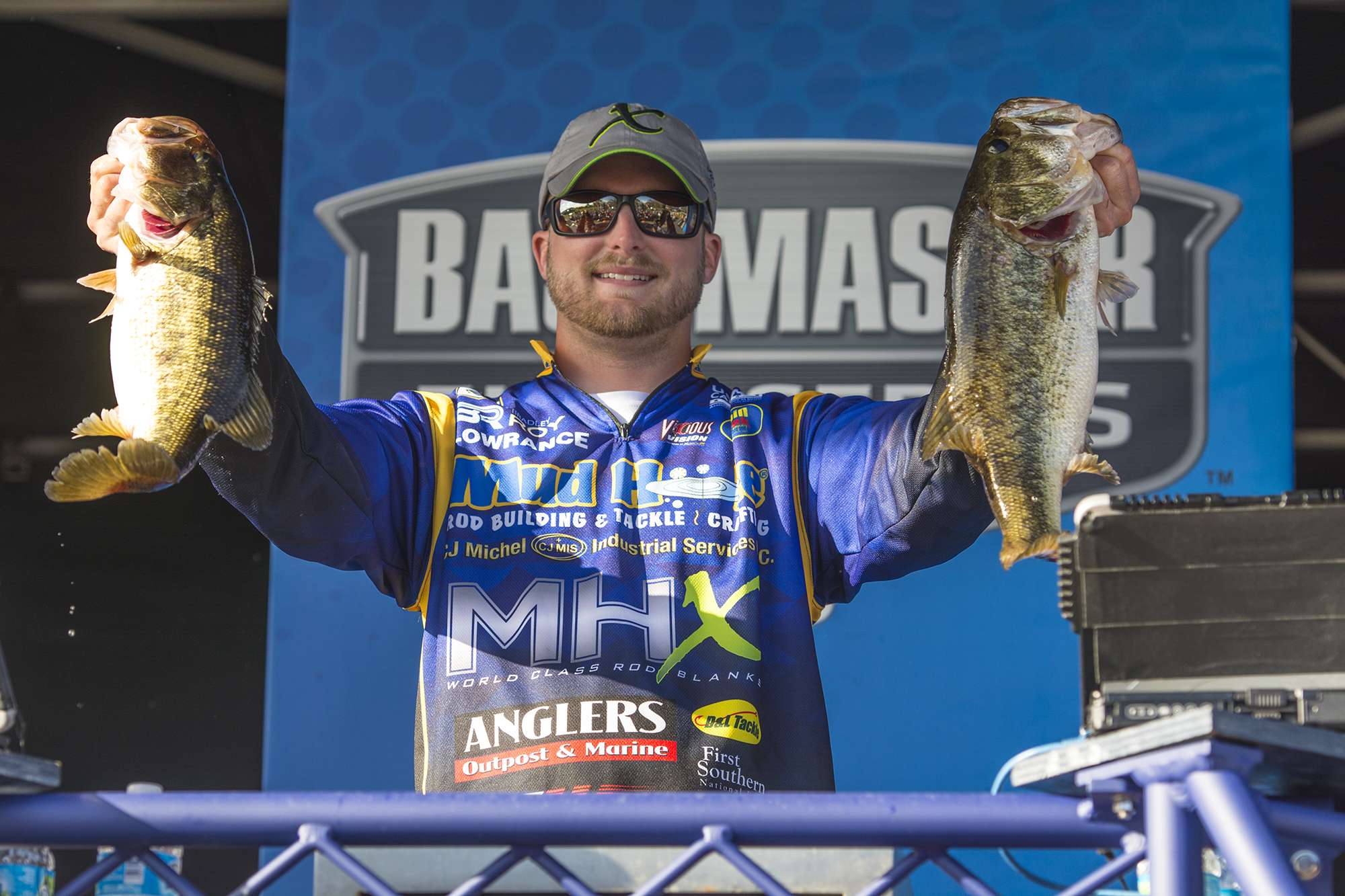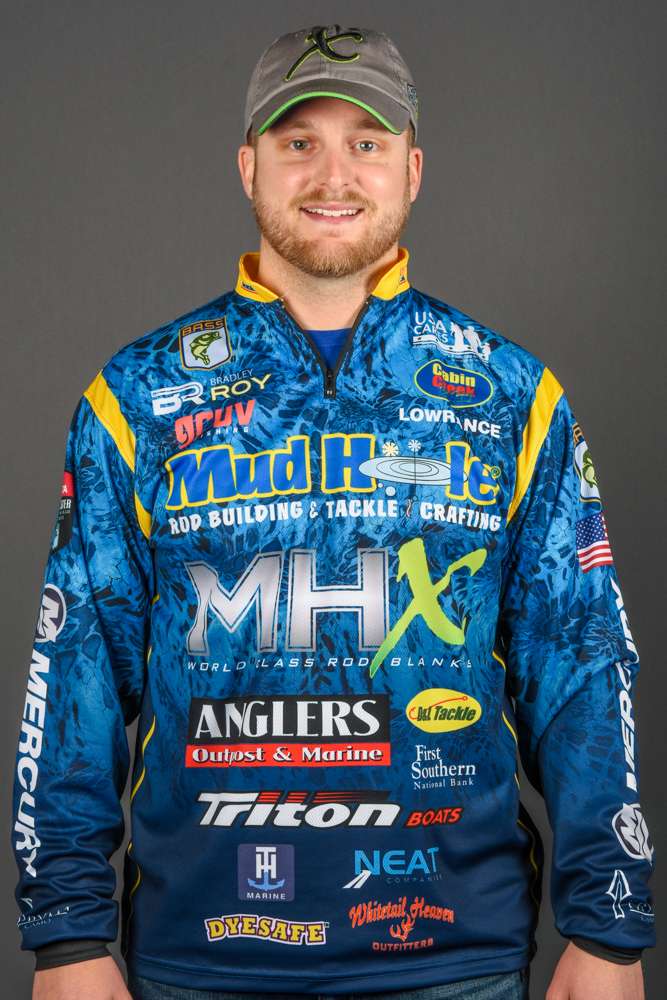
Editor’s note: Bradley Roy graduated high school a semester early to fish the 2009 Bassmaster Southern Open that Spring. He qualified for the Elite Series and was the 2010 Elite Series Rookie of the Year.
Note from Bradley Roy: One piece of feedback I got from my first Bassmaster blog on high school fishing was to direct it just towards actual high school anglers. Each time I will do my best to speak directly to you all who are actively involved in the sport at this level. With that said, let’s talk social media for the high school angler.
Did you really catch that big bass if you didn’t post a pic of it? It seems these days that for something to be relevant is has to be on social media. These wonderful avenues to share our memories and thoughts with the world certainly have their place in fishing, but knowing how to use them professionally can go a long way.
I don’t consider myself young (26) and don’t consider myself old by any means either, but I can assure you that most high school anglers across the country are way more social media savvy than I am. I’ve spent a lot more time in my life not looking at a screen (my Lowrance unit aside) than most people my age and younger. Every day I learn something new I can do in the media world. As high school anglers, I think there are ways you can use social media to help yourself – but also hurt yourself if you aren’t careful. Knowing and understanding the difference is key.
Social media is also a great avenue for young anglers to learn about fishing. Many professional fishermen put great content on their social media sites and will oftentimes interact with followers. If you’ve got a question that’s a good place to get it answered.
On that subject, let me give you some guidance on what types of questions to ask older, experienced anglers on social media. I personally never like to answer the question, “Where should I fish on Herrington in April?” I would personally rather provide some seasonal information or general guidance than give someone a spot or two. You are more likely to get a response with a question like, “I watched your video on Cherokee and wondered why you chose to build this length of rod or used this color bait in that situation.”
Keep in mind also the volume of inquiries professionals receive online. From across the sites, website and from people texting and emailing it can be overwhelming at certain times of the year. Just because a guy doesn’t reach back out doesn’t mean that he couldn’t care less. We often miss messages too. Can you imagine how many messages Iaconelli gets?
Social media is a great place to post your fishing photos or fishing reports, and I would encourage you to use it to gain exposure for your team. If your high school fishing team doesn’t have dedicated social media pages that’s a great thing to get started. You can post results and let people in the community know how the team is doing. It’s easy for people to support something if they know what it’s all about and can follow it. Fishing is an expensive sport so sponsors are always appreciated. By gaining your team some exposure you might pick up support from local businesses as well.
Social media is also a great way to network. One thing I have learned fishing for a living is that it’s important to have a good network including sponsors/manufacturers, local dealers and even local fisherman on different lakes. It’s important for me to keep contact with certain people and social media can be one easy way to do that. Making friends who fish other places can be very helpful in the long run – who knows, one day I might fish where they call home and they can be of help.
For those of you who wish to pursue fishing beyond the high school level social media is going to be really important. Whether it’s college fishing coaches looking at how you represent yourself on Instagram or down the line when it’s your title sponsor for the Bassmaster Elite Series needing you to have a good presence on Facebook, either way being social media savvy is going to be really important.
With enough dedication, it is fairly easy to look professional on social media but also super-easy to look like you don’t know what you are doing. The choice is yours, and my suggestion would be to start practicing good social media habits now. When the time comes for you to make the next step in fishing, your social media presence will already be up to par.
Remember to keep posting those big fish catches on social media every chance you can. I love to scroll down my news feed and see fish – that’s how I know the sport of fishing is alive and well. My Facebook is @ProBradleyRoy and Instagram is @b_roy21. Thanks!

